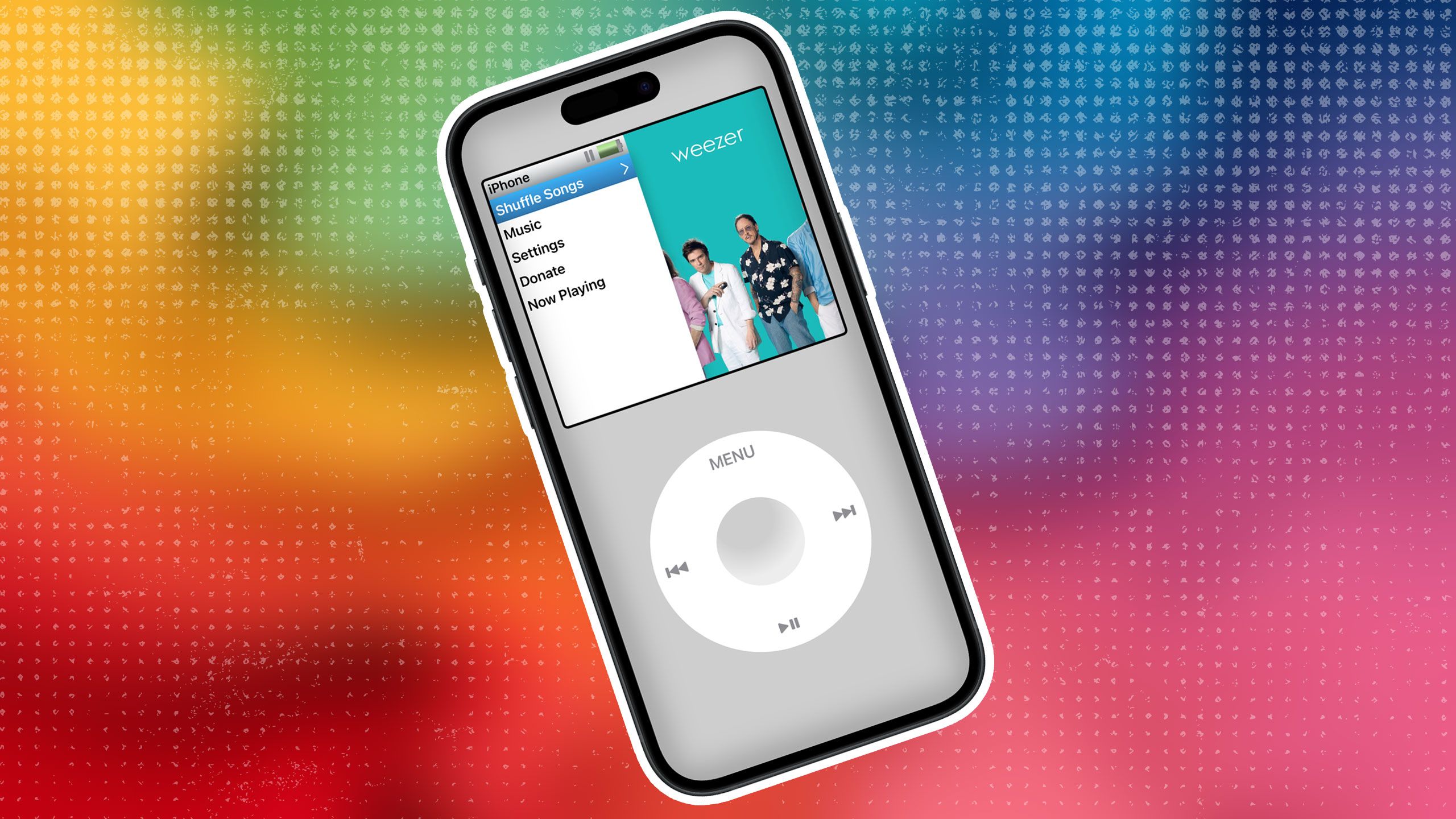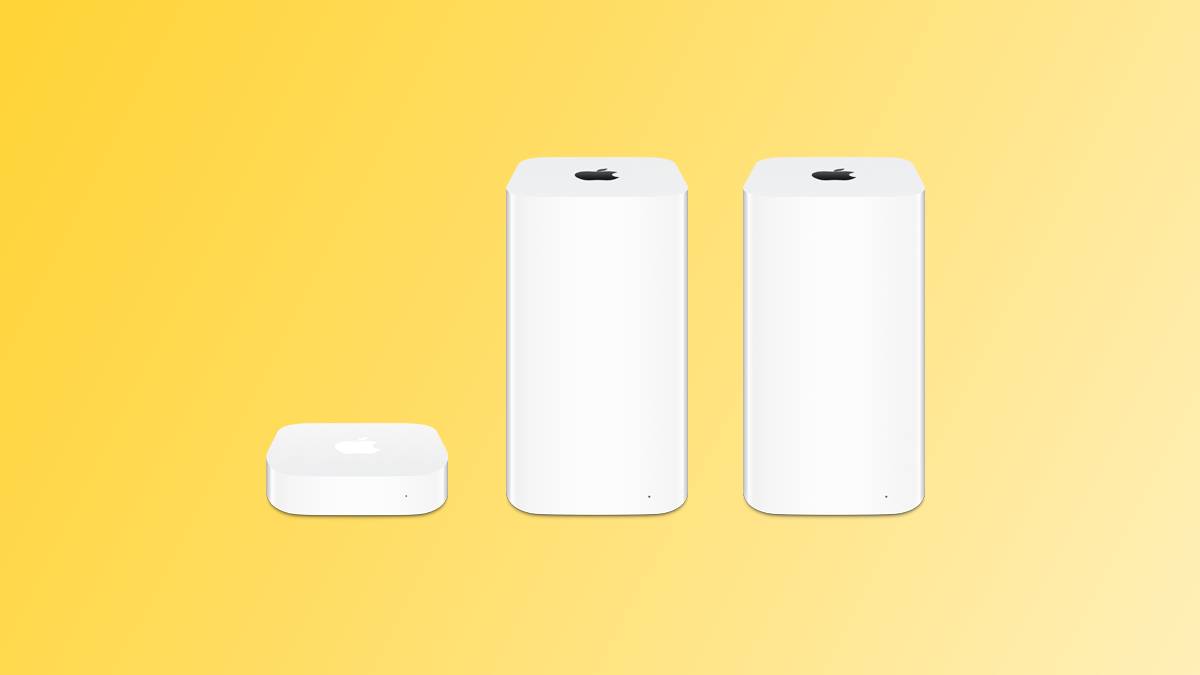Are VPN services legal?
[[{“value”:”
It’s clear for some time now that VPN services have become increasingly popular at a rate of knots—whether it’s for better privacy online, unlocking streaming catalogs, accessing censored sites, or all of the above. But, is it actually legal to use these versatile security apps everywhere?
While VPNs have historically conjured up images of a hoodie-wearing hacker at the local coffee shop, evading authorities while on the move with his or her laptop, the truth is most VPN users do not fit this stereotype. Whenever we use the internet, in fact, a digital trail of cookie crumbs is left behind. ISP providers or cybercriminals can certainly see and track a user online, and know which websites have been visited, or trace other internet activities.
So, it’s no wonder that so many folks are turning to virtual private network providers to keep their online activities hidden from prying eyes. A VPN can help you cloak your identity, in fact, by sending encrypted data to another server first—more often than not, outside your home country—making it much more difficult to track and find you online. However, not all governments worldwide are dealing with this increase in VPN usage in the same way.
NordVPN: the best VPN in 2024
NordVPN offers a super secure all-in-one VPN solution with built-in ad blocking and malware protection as standard. It’s one of the fastest VPNs I have tested, too, offering lots of customization and fantastic features. You can see yourself why it’s my top pick thanks to its 30-day money-back guarantee.
→ Read more in my NordVPN reviewView Deal
Who is banning VPNs?
VPNs actually work so well that the services have caused a handful of countries to take a hard line against its usage, in fact.
In some cases, authorities employ strict VPN censorship methods to prevent citizens to use these services—in 2023, China and Iran were the most active on this front. While, in some countries, there are now laws that heavily regulate their use. At the time of writing, the countries that actively ban or heavily restrict VPN usage include:
BelarusChinaEgyptIraqMyanmarNorth KoreaOmanRussiaTurkeyTurkmenistanUnited Arab Emirates
Additionally, Pakistan and Iran limit VPNs availability to a short list of authorized services.
As VPN regulations keep changing, we invite you to check digital privacy laws of the country you are in on this point.
However, these exceptions aside, for those of us who live anywhere else, using a VPN is 100% completely legal. And with multiple governments across the globe becoming increasingly interested in tracking online activity, there has been a surge in demand for the security (data encryption) and privacy that a VPN provides.
A VPN is also useful to get around geographic restrictions (geo-blocking), and to avoid censorship, as well as generally promoting the free flow of ideas and information which is effectively the very heartbeat of the internet.
Criminal enterprise
What a VPN shouldn’t be used for is a licence to engage in criminal activity, not just from a moral standpoint, but also due to the fact that nobody is completely anonymous when online—even when using a VPN service.
Should you break the law while using a VPN, do not count on the provider maintaining your anonymity, because then the company would effectively become your ‘partner in crime’.
Many VPN providers will declare that they keep ‘no logs’ at all on user activities, but the reality is that the vast majority will keep at least some kind of basic information (albeit very little), as this is often necessary for running aspects of the service like, for example, monitoring how many devices are connected (as VPNs often have limits in this respect).
The type of logs, and time period they are kept for, will vary a great deal from service to service, so it’s always a good idea to find a VPN firm’s privacy policy on the website (you might have to hunt for it), and read it carefully to see the exact details of any data which is logged.
While it isn’t hard to imagine the kind of illegal activities that would cause a VPN to turn over your data to the authorities, the list may include:
Child pornographyFraudIllegal downloading and streamingHackingTheft
Engaging in any of these activities will (and should) attract the attention of the authorities. Checking the small print of a VPN will inevitably reveal that it will respond to lawful requests for information. In other words, if the company gets a subpeona from law enforcement, it will most certainly comply, as any business must abide by the laws of the country that it’s based in.
Privacy protection
However, always remember that some VPNs will protect your privacy better than others. For maximum security, make sure to get a truly no-log VPN which clearly states in its policy that no record of an individual user’s web history or activity is kept, so there can be nothing to hand over to any third-party in this respect.
Another strategy VPN providers use to promote anonymity is a shared IP address, meaning that several users all share a single IP address, so nobody can figure out which of the users went where online. Finally, when it comes to paying for these VPN services, while a credit card is convenient, it is hardly anonymous, so some services accept cryptocurrency (like Bitcoin) as payment—which gives you a far better level of anonymity.
Overall, with the exception of the handful of countries listed above, VPNs are totally legal. They are a useful tool that allows citizens to keep their online activity private, for students to connect to schools or university campuses online, and for businesses to maintain secure access to online services for remote-working staff members.
In short, VPNs are highly useful services when it comes to keeping the internet private, and surfing data away from the prying eyes of ISPs or governments.
“}]]




